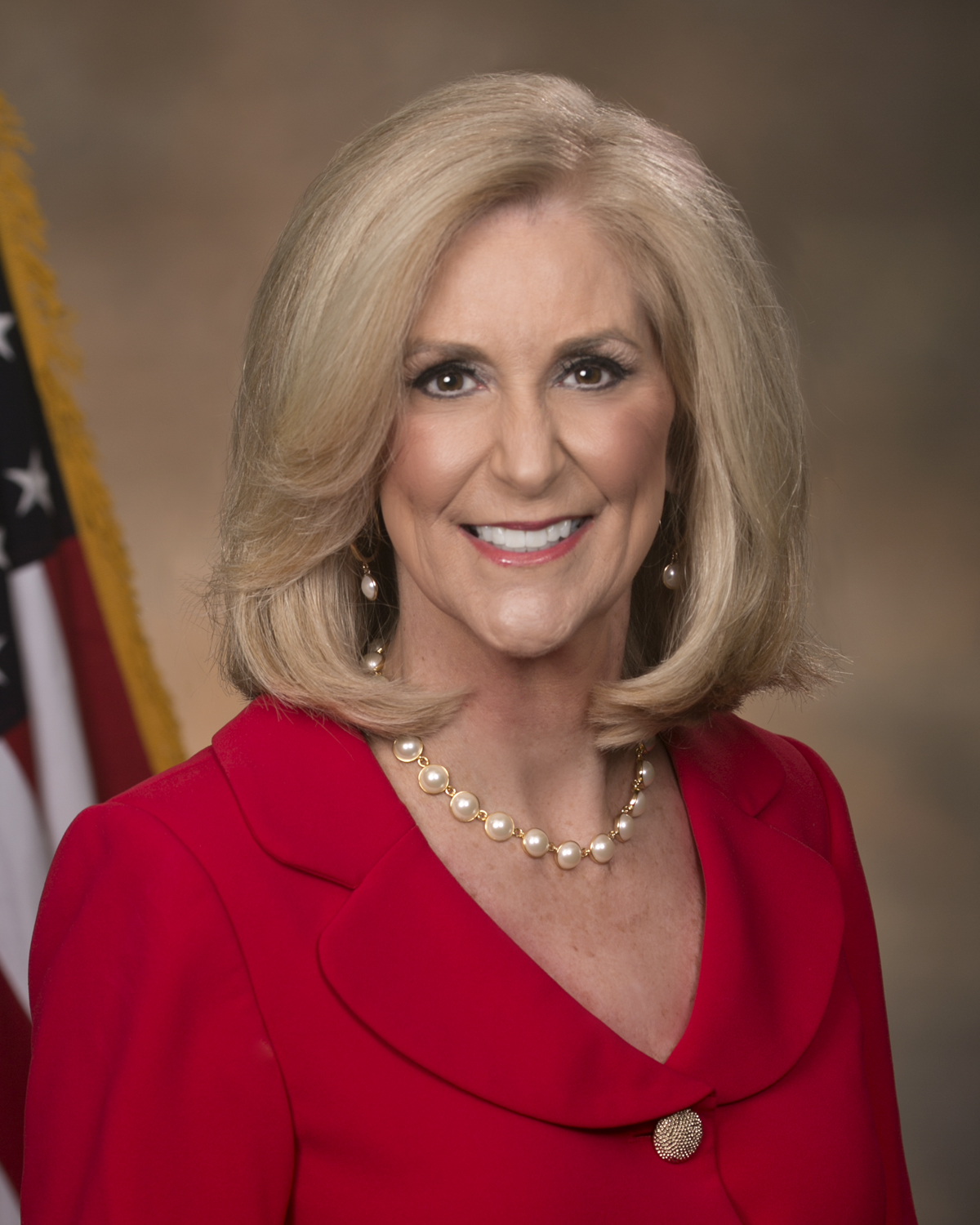INTERESTED IN ADVANCING THE WOMEN’S BILL OF RIGHTS IN YOUR STATE? REACH OUT TO GET STARTED.
We know what a woman is, what a female is, and what a mother is. Our politicians and our laws should too.
Common sex-based words (such as ‘female’, ‘male’, ‘man’, and ‘woman’) are used thousands of times throughout state and federal law. But, recently, activists have sought to redefine these words and separate sex from biology.
This isn’t just about words. This jeopardizes our opportunities, privacy, and safety.
It’s time to fight back.
Help clarify our common understanding of basic sex-based words.
Stand for truth, stand for science, stand for common sense. Support the Women’s Bill of Rights.
- All Signers
- Candidates
- Citizens
- Lawmakers
Sally King
Daniel Foley
Mary Beckwith
Darlene Duncan
Phillip Jones
Mary Helpern
Jane Jacobson
Lorrie Ridenour
Amelia Compton
Roseanne Hunt-Harkin
Dianna Boeneman
Kenda Esther
Women’s Bill of Rights
Whereas, males and females possess unique and immutable biological differences that manifest prior to birth and increase as they age and experience puberty;
Whereas, biological differences between the sexes mean that only females are able to get pregnant, give birth, and breastfeed children;
Whereas, biological differences between the sexes mean that males are, on average, bigger, stronger, and faster than females;
Whereas, biological differences between the sexes leave females more physically vulnerable than males to specific forms of violence, including sexual violence;
Whereas, females have historically suffered from discrimination in education, athletics, and employment;
Whereas, biological differences between the sexes are enduring and may, in some circumstances, warrant the creation of separate social, educational, athletic, or other spaces in order to ensure safety and/or to allow members of each sex to succeed and thrive;
Whereas, inconsistencies in court rulings and policy initiatives with respect to the definitions of ‘sex,’ ‘male,’ ‘female,’ ‘man,’ and ‘woman’ have led to endangerment of single-sex spaces and resources, thereby necessitating clarification of certain terms,
We affirm that:
- For purposes of state/federal law, a person’s ‘sex’ is defined as his or her biological sex (either male or female) at birth;
- For purposes of state/federal law, a ‘female’ is an individual whose biological reproductive system is developed to produce ova; a ‘male’ is an individual whose biological reproductive system is developed to fertilize the ova of a female;
- For purposes of state/federal law, ‘woman’ and ‘girl’ refer to human females, and the terms ‘man’ and ‘boy’ refer to human males;
- For purposes of state/federal law, the word ‘mother’ is defined as a parent of the female sex and ‘father’ is defined as a parent of the male sex;
- When it comes to sex, ‘equal’ does not mean ‘same’ or ‘identical’;
- When it comes to sex, separate is not inherently unequal;
- There are legitimate reasons to distinguish between the sexes with respect to athletics, prisons or other detention facilities, domestic violence shelters, rape crisis centers, locker rooms, restrooms, and other areas where biology, safety, and/or privacy are implicated;
- Policies and laws that distinguish between the sexes are subject to intermediate constitutional scrutiny, which forbids unfair discrimination against similarly-situated males and females but allows the law to distinguish between the sexes where such distinctions are substantially related to important governmental objectives;
- Any public school or school district and any federal/state/local agency, department, or office that collects vital statistics for the purpose of complying with anti-discrimination laws or for the purpose of gathering accurate public health, crime, economic or other data shall identify each individual who is part of the collected data set as either male or female at birth.
Support the Bill of Rights
"*" indicates required fields
Testimonials




















